Quantum computing game creators find humans more capable than AI in solving complex problems.
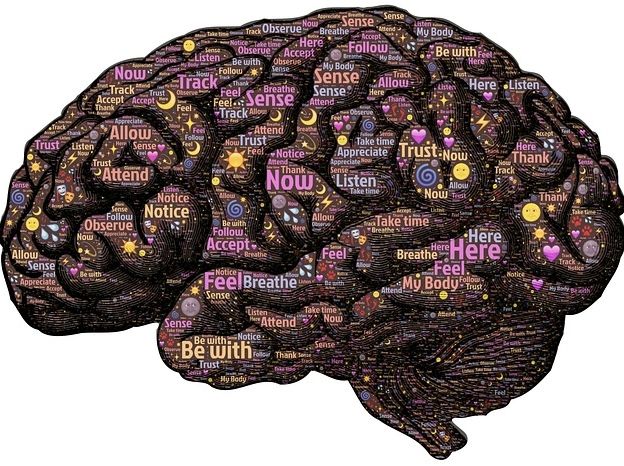


Breaking the stereotype stigma; great article on CAN PM. I love it when folks break the boundaries and stereotypes that society often places on groups.
Canadian Prime Minister Justin Trudeau proved he’s more than just a pretty face when he wowed a room full of reporters and physicists with his knowledge of quantum computing.
The dashing politician was delivering his budget announcement at a press conference at the Perimeter Institute for Theoretical Physics Waterloo in Ontario, when he was put on the spot by a journalist.
The reporter opened his question by joking ‘I was was going to ask you about quantum computing, but …’ He then went onto ask the PM about Canada’s fight against ISIS.


Newswise — The saying of philosopher René Descartes of what makes humans unique is beginning to sound hollow. ‘I think — therefore soon I am obsolete’ seems more appropriate. When a computer routinely beats us at chess and we can barely navigate without the help of a GPS, have we outlived our place in the world? Not quite. Welcome to the front line of research in cognitive skills, quantum computers and gaming.
Today there is an on-going battle between man and machine. While genuine machine consciousness is still years into the future, we are beginning to see computers make choices that previously demanded a human’s input. Recently, the world held its breath as Google’s algorithm AlphaGo beat a professional player in the game Go—an achievement demonstrating the explosive speed of development in machine capabilities.
But we are not beaten yet — human skills are still superior in some areas. This is one of the conclusions of a recent study by Danish physicist Jacob Sherson, published in the prestigious science journal Nature.
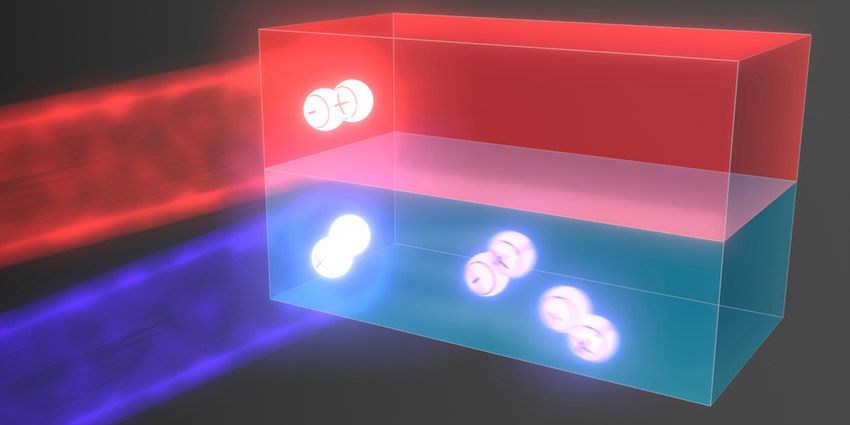
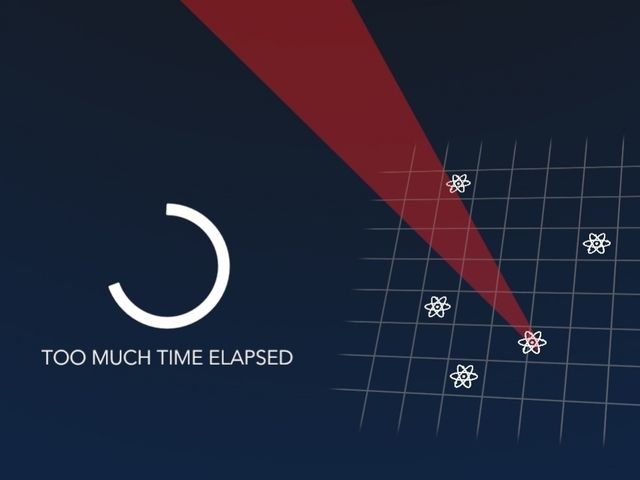
Creative approach and I like it. I advise IT leaders, developers, architects, etc. to start learning as much as they can about Quantum Technology because technology in the next 6 to 7 years will begin the accelerated adoption of this technology and at that point it will be too late for folks in tech to catch up. Now is the time to learn and keep track of the progression of this technology as well as understand where and how this technology can be leveraged earlier in various areas of the infrastructure, devices, and even in industry.
Researchers gave internet users games that simulate quantum physics experiments, and internet users gave the researchers more elegant solutions.

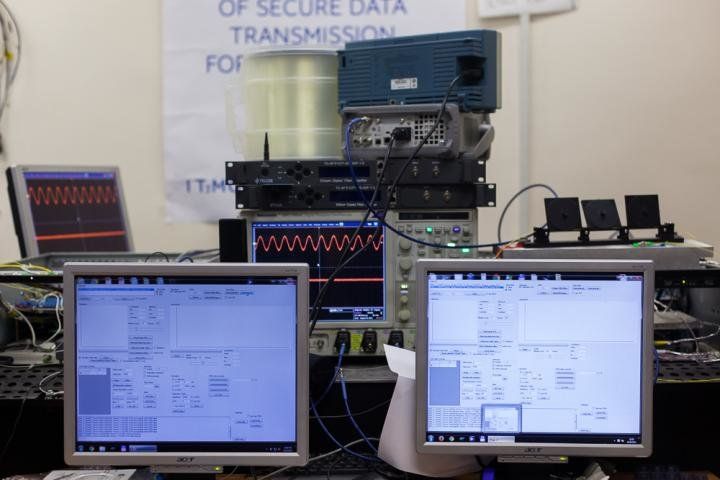
Scientists from ITMO University in Saint Petersburg, Russia have enabled the longer distance (250 Kilos) of secured data transmission occur via Quantum. Nice; and should be a wake up call to the US as well on advancing their efforts more.
A group of scientists from ITMO University in Saint Petersburg, Russia has developed a novel approach to the construction of quantum communication systems for secure data exchange. The experimental device based on the results of the research is capable of transmitting single-photon quantum signals across distances of 250 kilometers or more, which is on par with other cutting edge analogues. The research paper was published in the Optics Express journal.
Information security is becoming more and more of a critical issue not only for large companies, banks and defense enterprises, but even for small businesses and individual users. However, the data encryption algorithms we currently use for protecting our data are imperfect — in the long-term, their logic can be cracked. Regardless of how complex and intricate the algorithm is, getting round it is just the matter of time.
Contrary to algorithm-based encryption, systems that protect information by making use of the fundamental laws of quantum physics, can make data transmission completely immune to hacker attacks in the future. Information in a quantum channel is carried by single photons that change irreversibly once an eavesdropper attempts to intercept them. Therefore, the legitimate users will instantly know about any kind of intervention.
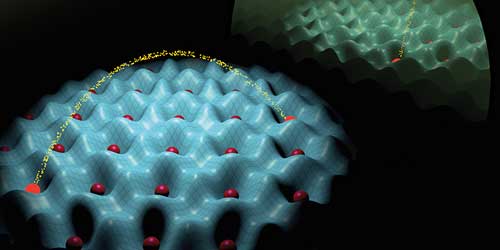
One thing about Quntum; nothing ever stays consistent. Why it’s loved & hated by Cyber Security enthusiasts as well as AI engineers.
When water in a pot is slowly heated to the boil, an exciting duel of energies takes place inside the liquid. On the one hand there is the interaction energy that wants to keep the water molecules together because of their mutual attraction. On the other hand, however, the motional energy, which increases due to heating, tries to separate the molecules. Below the boiling point the interaction energy prevails, but as soon as the motional energy wins the water boils and turns into water vapour. This process is also known as a phase transition. In this scenario the interaction only involves water molecules that are in immediate proximity to one another.
An artificial quantum world of atoms and light: Atoms (red) spontaneously arrange themselves in a checkerboard pattern as a result of the complex interplay between short- and long-range interactions. (Visualizations: ETH Zurich / Tobias Donner)
A team of researchers led by Tilman Esslinger at the Institute for Quantum Electronics at ETH Zurich, and Tobias Donner, a scientist in his group, have now shown that particles can be made to “feel” each other even over large distances. By adding such long-range interactions the physicists were able to observe novel phase transitions that result from energetic three-way battles (“Quantum phases from competing short- and long-range interactions in an optical lattice”).

The question is what does Stefano Pirandola and Samuel L. Braunstein consider “hybrid” when it comes to QC? In much of the Quantum research today only shows us things like “synthetic diamonds”, etc. are added to stablize data storage and transmissions not much else.
Physics: Unite to build a quantum Internet. Braunstein.